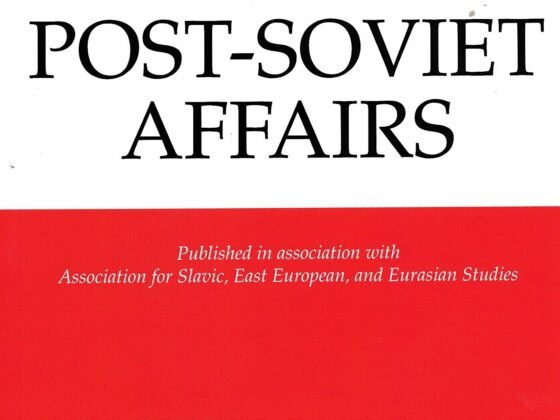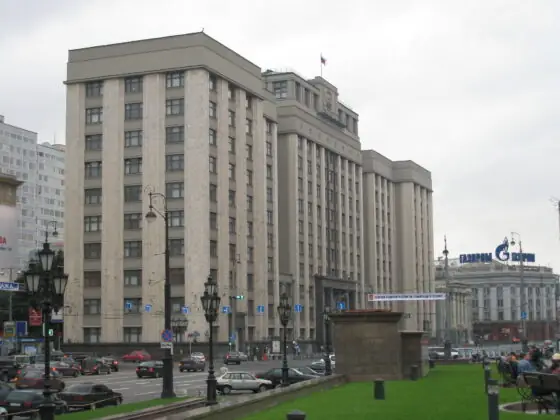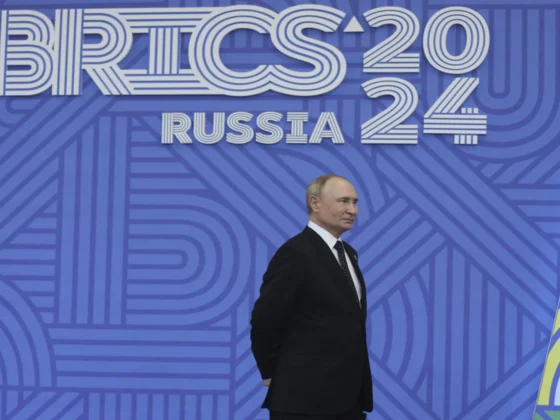(PONARS Eurasia Commentary) Post-Soviet governments have ordered their anti-coronavirus priorities differently as they have tried to balance the health of the population with the security of the state. A PONARS Eurasia Policy Memo divided the post-Soviet countries into four groups depending on their pandemic reactions: early responders, late responders, laggards, and deniers. Russia, the authors argued, opted for band-aid containment solutions and therefore can be placed in both the first and second categories. However, this classification primarily reflects the speed of the countries’ responses.
Additional factors for categorizing post-Soviet state responses to the pandemic include the provision of economic assistance (or the absence thereof) for businesses and citizens, and whether human rights obligations were suspended. Also, the type of state—federative or unitary—is an important factor. Most former Soviet republics are unitary, such as Azerbaijan, Georgia, Moldova, Tajikistan, Uzbekistan, and Ukraine. Russia is the best example of the other type, with 85 federal regions each taking many of their own measures. Actions taken by federal states show regional differentiation, which will likely produce different effects over the course of the struggle against the spread of the virus.
Looking at the initial responses over (roughly) the past six weeks, responses by former Soviet states can be placed into five broad categories:
-
- States that declared a state of emergency. In mid-March, Armenia and Kazakhstan declared states of emergency throughout their countries. Shortly thereafter, a similar resolution was approved by Georgia’s parliament. On March 17, Moldova declared a state of emergency across the country for sixty days.
-
- States that restricted freedom of movement. With the exception of Belarus, all post-Soviet states, by the end of March, had restricted border crossings (except cargo). Kyrgyzstan clamped down on Kyrgyz labor migrants entering the country from Eurasia to ensure that they observe the quarantine guidelines. Russia closed its borders but allowed several exceptions such as for residents of Lugansk, Donetsk, Abkhazia, and South Ossetia when they return home via Russian territory.
-
- States that declared a quarantine. In March, Azerbaijan and Ukraine ordered quarantines in their countries. In April, Azerbaijan further narrowed its list of businesses and employees that were allowed to work during the quarantine. Ukraine’s authorities prohibited people going outdoors without an ID as well as minors under the age of 14 going outside unaccompanied by their parents.
-
- States that announced special measures. A “non-working days regime” was announced by the Russian president for the entire country until April 30, 2020, but it will probably be extended until the middle of May. Although officially announced, this regime is not grounded in law. Various regions introduced other measures such as curfews and bans on the sale of alcohol. Although some Russian anti-coronavirus measures are applied across the whole territory, such as closing stores and encouraging self-isolation, socio-economic support programs for people and businesses are different from one region to another. As of now, the fight against COVID-19 in Russia is led by the regional leadership rather than by the federal center.
-
- What pandemic? Belarus and Tajikistan officially eschewed introducing anti-coronavirus containment measures. The president of Belarus in the first week of April felt that “containing the virus at full steam – announcing a quarantine, closing down businesses, suspending operations – can only cause harm.” The leadership of Tajikistan and the local WHO representatives stated that they had seen no cases of COVID-19 in the country and chose not to share preventive information with the population.
The Economic Assistance Factor
Financial assistance measures by governments across the post-Soviet space differ significantly in substance and volume. In Moldova, the government announced deep assistance measures in response to a petition signed by owners of small- and medium-sized businesses. Measures include income tax payment deferment, lower VAT rates, a halt on tax probes, reconsideration of mortgage loans, and so forth.
Uzbekistan announced the establishment of an anti-crisis fund worth 10 trillion soms (about $1 million), as well as tax and customs relief measures for businesses and population. The president of Azerbaijan created a COVID-19 containment fund consisting of contributions made by employees of state agencies and institutions, who were required to do so irrespectively of their wishes.
These are only a few examples. The pandemic and financial responses to it will become a serious test for the economies and financial systems in the post-Soviet region.
Restricting Human Right Obligations
Three post-Soviet nations announced the suspension of their obligations under the European Convention on Human Rights (ECHR, Article 15) on account of the COVID-19 pandemic: Armenia (effective March 16 through April 14), Georgia (effective March 21 through April 21), and Moldova (effective March 17 through May 15). They all considered it necessary to suspend the following: normal education (Articles 1 and 2, Protocol 1), assembly (ECHR Articles 5, 8, and 11), and movement (ECHR Article 2, Protocol 4).
Ukraine had suspended its Convention obligations earlier because of the armed conflict in the east. Not unsurprisingly, the COVID-19 pandemic was used by Azerbaijan’s leadership as an instrument in its struggle against “the fifth column” and “opponents of the authorities.” Armenia’s parliament, notwithstanding objections from the opposition, voted for a draft of a bill allowing wiretaps, analysis of citizens’ phone calls, and tracking of people’s movements.
In Moldova, Armenia, and Russia, journalists are known to have been prosecuted for the “wrongful spread of information about the pandemic.” Certainly, respecting international obligations that uphold human rights are important elements of protection from anti-democratic and illegitimate actions by governments, particularly in post-Soviet states with their scarce experience of democracy.
Conclusion
It will take years and lots of court cases to assess the authoritative actions taken by leaders during this pandemic. We will surely see protracted and conflict-ridden legal processes. For instance, the ECHR is still reviewing a complaint against the actions of the Armenian authorities when they suspended their Convention obligations during the presidential election in 2008.
At present, three factors seem especially important for correctly evaluating post-Soviet state responses to the pandemic: when each announced and took measures to contain COVID-19, the form of the state itself, and the government’s human rights record. When looking more closely, five typologies emerge, those that: declared states of emergency, restricted freedom of movement, proclaimed quarantines, announced special measures, and engaged in denial.











